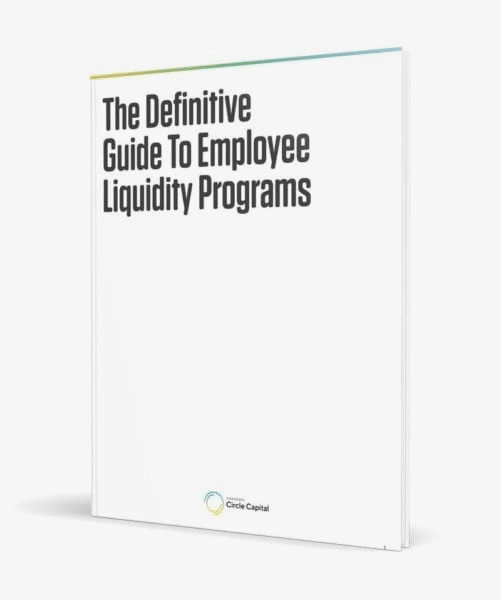Step 6
Provide Information to Employees
Besides disclosing information to sellers, companies want to make sure employees participating in the offer understand what they’re getting into. Disclosures must meet fairness and legal standards that allow employees to make informed decisions. Here are some of the guidelines.
Why companies should disclose as much as they can.
Sharing pertinent company information isn’t just about being fair to employees; it will also help keep the company and its board out of legal trouble.
The concern is that an employee may come back long after the secondary has closed, claiming that they wouldn’t have sold their shares had they known some valuable piece of information about the company. A really worked-up former employee could even threaten legal action that could nullify the entire secondary. From the company perspective, that’s a terrible result that could have broad repercussions.
Know what information you are obligated to share
Unfortunately, the SEC has few rules and best practices for handling secondary disclosure. At minimum, everyone covered in the tender offer should have access to two years of audited financials, unaudited financials for the last two quarters, a 409A valuation, the company charter, and the rules of the option program.
Companies should disclose the risks
As a supplement to the financials, executives should tell employees about the kind of threats and uncertainties the company may face. These include risks to the business or to the whole industry. There may never be another opportunity to sell; an important partner may go out of business and hurt the company’s prospects, or the company could simply run out of cash and go out of business because it was unable to raise additional funds.
Companies must field employee questions
Some companies hold town hall forums to explain the terms of the offer. Others have office hours or dedicated phone helplines that put employees in touch with neutral outside consultants. Everyone who’s thinking of selling should be encouraged to ask as many questions as they want — and to consult a lawyer or tax expert.
Management and boards should put themselves in the employee’s shoes
If you want to determine whether disclosures are sufficient, ask yourself if a particular piece of information would sway an employee to sell or hold. If the answer is yes, companies should disclose it.
At minimum, everyone covered in the tender offer should have access to two years of audited financials, unaudited financials for the last two quarters, a 409A valuation, the company charter, and the rules of the option program.







